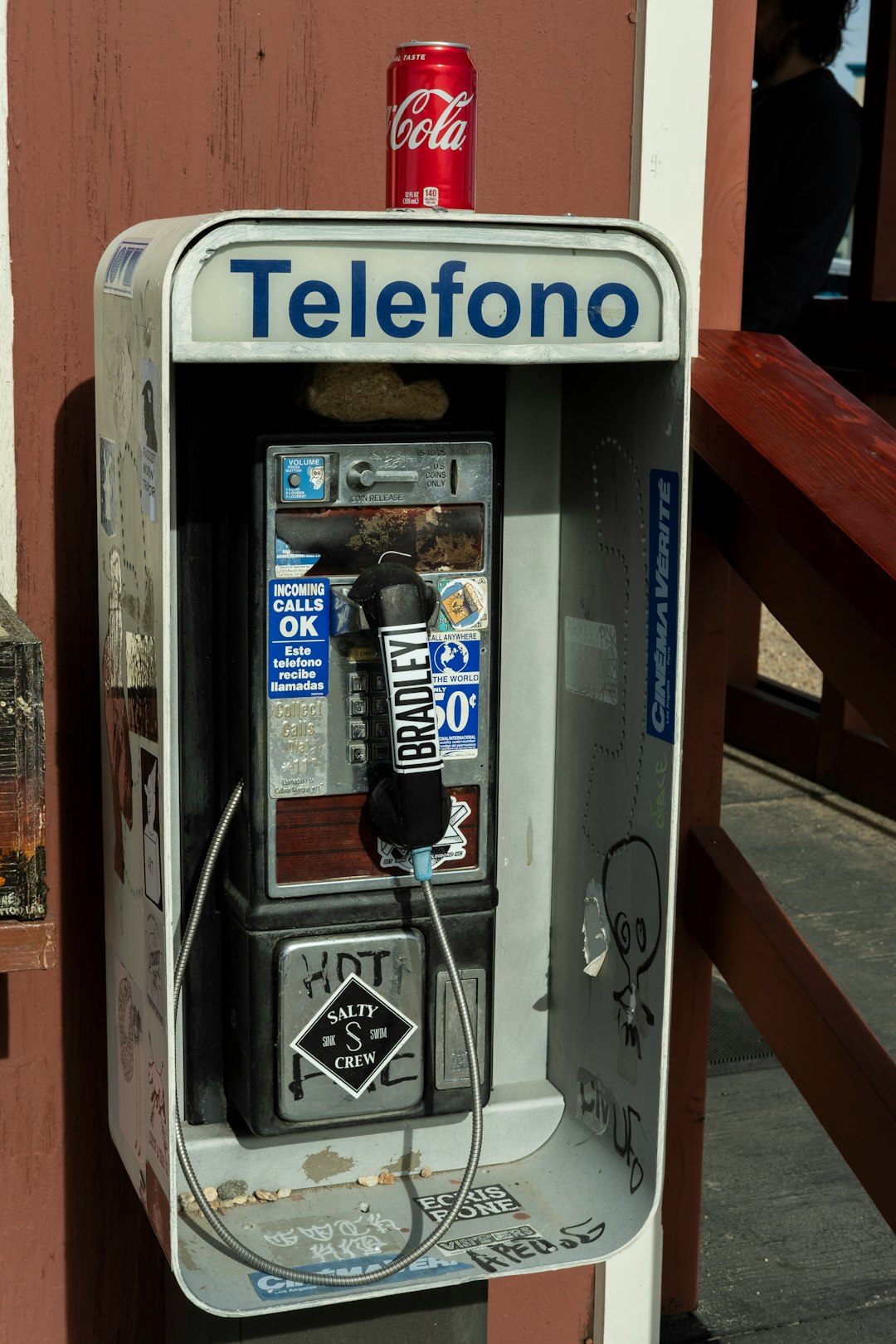Colorado's Do Not Call laws, enforced by the Public Utilities Commission and Attorney General's Office, protect residents from unwanted telemarketing calls. Violations of the Telephone Consumer Protection Act (TCPA) incur penalties up to $1000 per violation. Exemptions exist for political groups, non-profits, and educational institutions, but they must follow strict opt-out rules. Do Not Call Lawyers Colorado assist consumers in legal action against offenders and secure injunctive relief, protecting privacy in the digital age.
In Colorado, the Telephone Consumer Protection Act (TCPA) safeguards consumers from unwanted telephone solicitations. Understanding Colorado’s stringent Do Not Call laws is crucial for businesses aiming to operate within legal boundaries. This article explores key aspects of the TCPA framework in Colorado, including enforcement mechanisms and penalties, safe harbors for businesses, and robust consumer rights under this landmark legislation. For those seeking guidance on navigating these regulations, consulting with experienced Do Not Call Lawyers Colorado can offer vital insights into compliance and protection.
Understanding Colorado's Do Not Call Laws

Colorado’s Do Not Call laws are designed to protect residents from unwanted telemarketing calls and messages, offering a layer of privacy and peace for consumers. These regulations are part of the broader framework established by the Telephone Consumer Protection Act (TCPA), which has national reach but is implemented differently at the state level. In Colorado, individuals can register their phone numbers on the state’s Do Not Call list, effectively blocking most commercial calls from telemarketers. This list is maintained by the Colorado Public Utilities Commission, ensuring compliance with the TCPA.
Do Not Call lawyers in Colorado play a crucial role in helping residents understand and exercise their rights under these laws. They assist consumers who have received unsolicited calls or messages despite being on the Do Not Call list. By guiding clients through the legal process, these specialists ensure that businesses adhere to the TCPA’s guidelines, promoting fair practices in telemarketing activities across the state.
Enforcement and Penalties for Violations

The Telephone Consumer Protection Act (TCPA) is enforced in Colorado by the Attorney General’s Office, which plays a crucial role in protecting consumers from abusive telephone practices. Do Not Call Lawyers Colorado are instrumental in ensuring compliance with this legislation. Violations of the TCPA can result in significant penalties, including actual damages and treble damages for willful or knowing violations. The act specifically prohibits calls made using an automatic dialing system or prerecorded messages without prior express consent from the recipient.
Enforcement agencies have the power to issue citations and fines against companies found guilty of violating these rules. In recent cases, penalties have reached up to $1000 per violation, with additional costs for legal fees and court expenses. Consumers who believe they have been subjected to unwanted calls can also file complaints directly with the Attorney General’s Office or seek legal assistance from Do Not Call Lawyers Colorado to take action against the perpetrators.
Exclusions and Safe Harbors for Businesses

The Telephone Consumer Protection Act (TCPA) in Colorado offers a robust framework for consumers to protect against unwanted phone calls, but it also includes specific exclusions and safe harbors for businesses. One notable exclusion is for calls made with the prior express consent of the recipient. This means that if a consumer has given explicit permission for a company to contact them, such as through a sign-up form or agreement, those calls are not considered unlawful under the TCPA.
Additionally, certain types of organizations are granted safe harbors, including political organizations, non-profit groups, and schools or universities. These entities can make phone calls for fundraising, recruiting, or enrollment purposes without violating the TCPA as long as they follow specific guidelines regarding opt-out requests and automated calling systems. However, even within these safe harbors, there are restrictions on call frequency and certain practices that remain prohibited, ensuring a balance between business operations and consumer rights. For businesses unsure about navigating these regulations, consulting with Do Not Call Lawyers Colorado can offer valuable guidance to ensure compliance with the TCPA.
Consumer Rights and Remedies Under TCPA

Consumers in Colorado have powerful rights and remedies under the Telephone Consumer Protection Act (TCPA). If your phone has been bombarded with unwanted telemarketing calls or text messages, you may be entitled to compensation. The TCPA allows consumers to take legal action against companies that violate its provisions, including seeking damages for each violation. This can result in significant financial awards per call or message, especially if the violations are willful or knowing.
In addition to monetary damages, Colorado’s Do Not Call lawyers can help you secure injunctive relief, which prevents further unwanted calls from these companies. Consumers can also request court orders compelling the violators to implement reasonable practices to prevent future TCPA violations. These protections are designed to empower individuals and ensure that their privacy is respected in the digital age.






